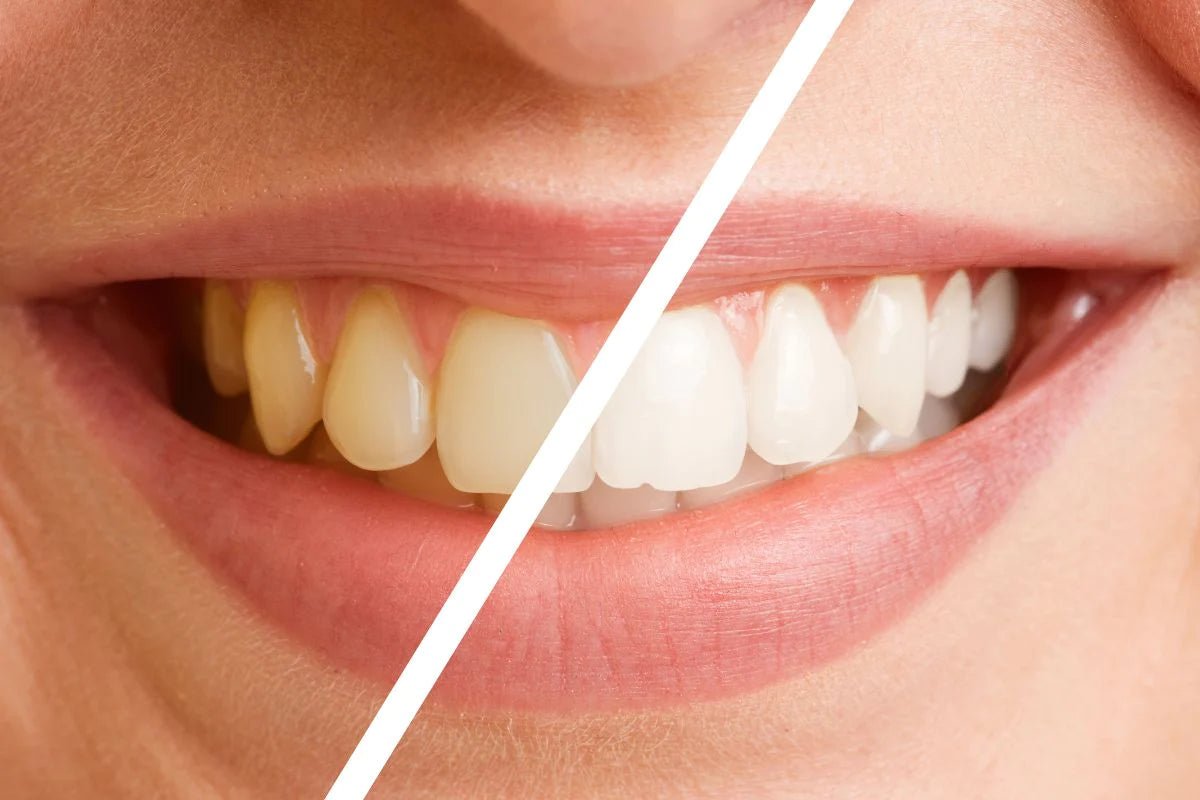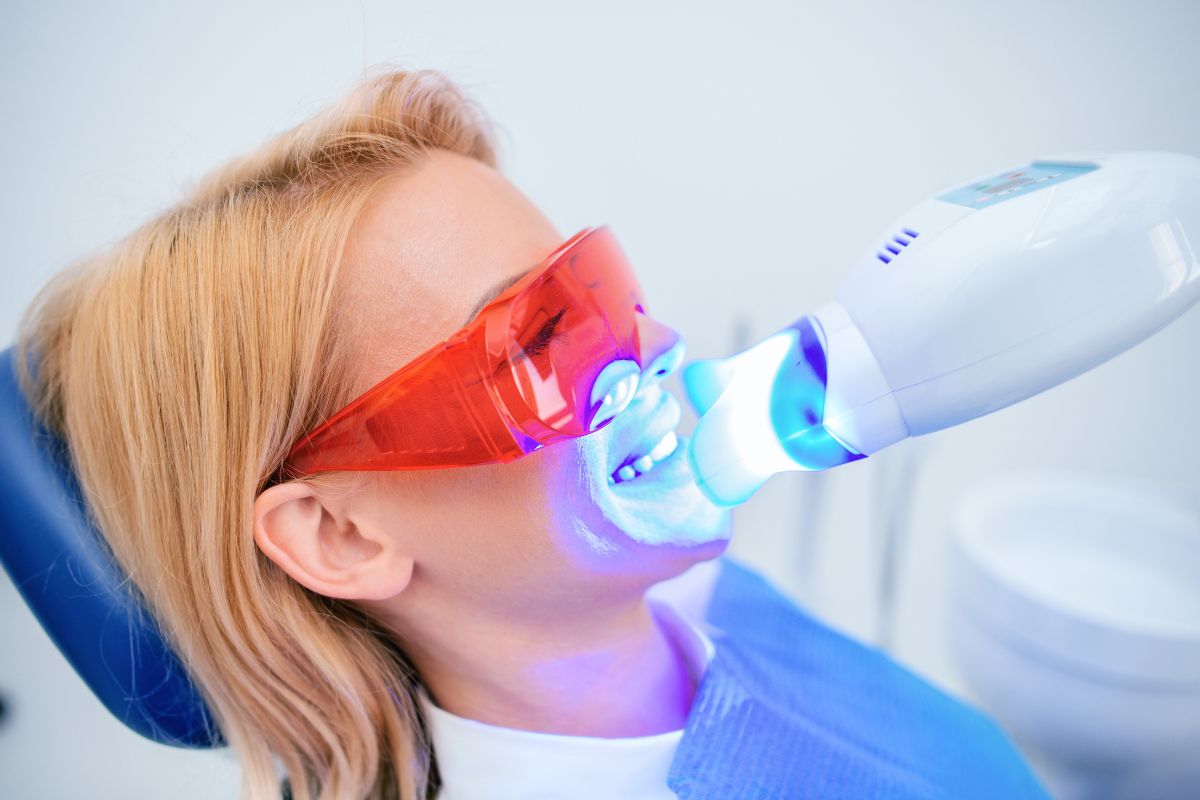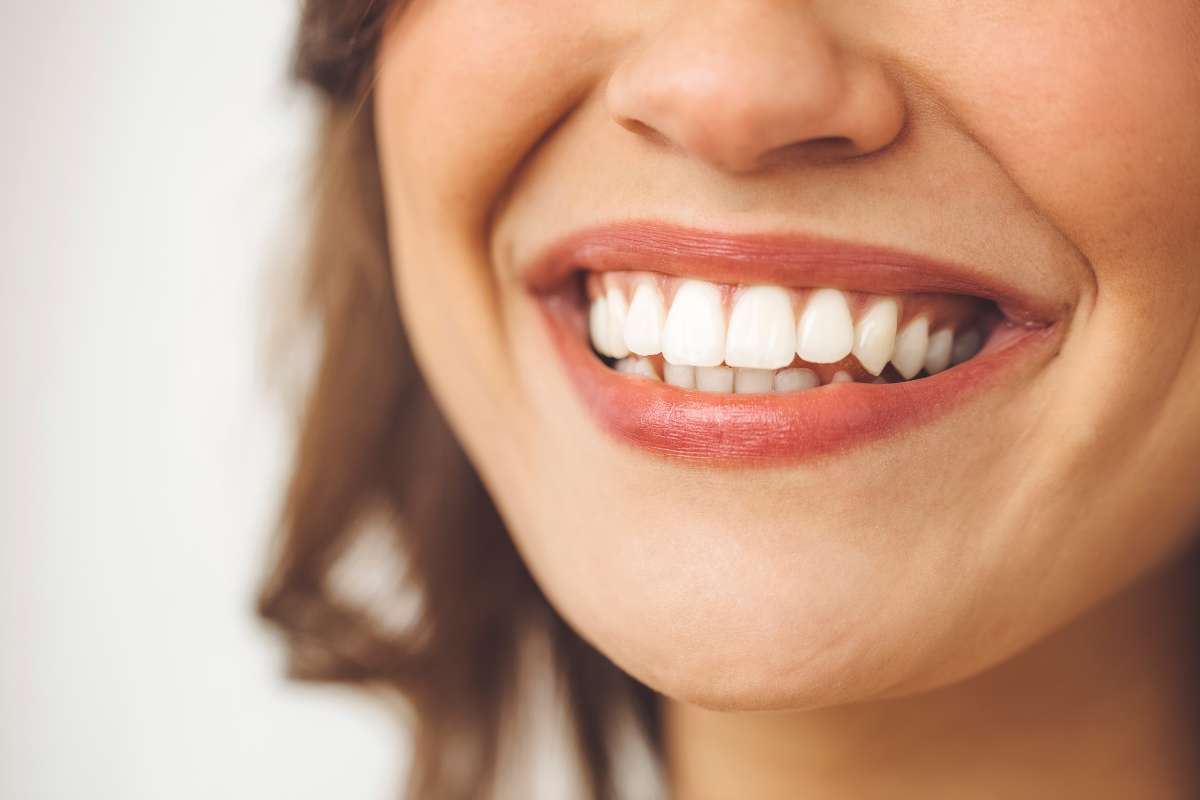What Experts Say About Teeth Whitening During Pregnancy
Pregnancy is a magical journey filled with excitement and change. Amid all the joy, expecting mothers might face unexpected challenges, one of which can be the discoloration of their teeth.
Hormonal shifts during pregnancy can sometimes lead to changes in dental health, leaving moms-to-be wondering how to maintain their bright smiles.
It's natural for pregnant women to want to keep their teeth looking their best, and teeth whitening might seem like an appealing solution. However, it's more complex than it looks. Before jumping into teeth whitening procedures during pregnancy or while breastfeeding, it's crucial to understand the ins and outs of this cosmetic option.
For expert insights, this article addresses the most critical questions about teeth whitening safety during pregnancy and its compatibility.

Why do teeth turn yellow during pregnancy?
While teeth staining isn’t a universal experience for all pregnant women, its causes are common. Some common factors contributing to dental stains and discoloration during pregnancy include:
Hormonal changes
Pregnancy is associated with significant hormonal fluctuations, particularly increases in estrogen and progesterone. These changes affect the entire body (systemic) and specific areas like the mouth (local).
Systemic changes involve alterations in the cardiovascular, hematologic (blood), respiratory, renal (kidneys), gastrointestinal, endocrine (hormone), and genitourinary (reproductive and urinary) systems.
Local changes can be observed in different body parts, including the oral cavity (mouth). The changes in the oral cavity can lead to increased blood flow to the gums and changes in gum tissue. This may make the gums more sensitive and prone to bleeding, swelling, and inflammation.
These events can contribute to tooth stains, affecting oral hygiene practices and making it more challenging to maintain good oral health.
Morning sickness
Case-control and observational clinical studies in adults and children have found a connection between GERD (gastroesophageal reflux disease) and tooth erosion.
Some pregnant individuals experience morning sickness, which can involve repeated vomiting and acid reflux.
Tooth erosion due to acid reflux can result in dental issues, including tooth sensitivity, changes in tooth appearance (such as thinning and discoloration), damaged tooth enamel, and an increased risk of cavities.
Dietary changes
Pregnant women often experience stronger cravings, which can lead to changes in what they eat and drink. Eating more sugary or acidic snacks and drinks during pregnancy can gradually cause teeth discoloration. This happens because the pigments in things like coffee, tea, red wine, and certain fruits can stain teeth if they're not cleaned off quickly.
Poor Oral Hygiene
Dietary changes, hormonal fluctuations, fatigue, and morning sickness can make it challenging for pregnant women to adhere to regular brushing and flossing routines.
This difficulty in maintaining good oral hygiene can result in the buildup of plaque on the teeth. As plaque accumulates, it provides a conducive environment for stains to form, heightening the risk of teeth becoming discolored.
For those who notice changes in the color of their teeth, it's natural to seek solutions to address these concerns. One solution to whitening teeth that some pregnant women may explore is professional teeth whitening. Others may buy at-home or over-the-counter teeth whitening kits.
But teeth whitening during pregnancy remains a topic that raises questions for expectant or nursing mothers.
Safety, compatibility, and effectiveness issues have been major determining factors. So, let's tackle the prominent problem in the upcoming sections.
Can I have my teeth whitened during pregnancy?
The common assumption is that teeth whitening treatments are generally safe for pregnant and breastfeeding mothers because the bleaching agents, such as hydrogen peroxide or carbamide peroxide, are applied directly to the teeth and not ingested.
However, the lack of conclusive evidence regarding the safety of teeth whitening products during pregnancy should lead expectant mothers to exercise caution when considering such a procedure.
While no direct harm has been definitively linked to teeth whitening during pregnancy, the "do-no-harm" principle should guide medical decisions during this sensitive period.
So, instead of asking whether to get a teeth whitening procedure or not, it’s good to ask:
Is a cosmetic dental procedure a medical necessity? Or can it be postponed until after pregnancy?
The rationale is that certain oral health conditions need more attention, for they might cause serious health issues to the mother.
According to the American Dental Association (ADA), several oral health issues tend to occur more frequently during pregnancy; these include:
Gingivitis or gum disease - can develop due to hormonal changes that can cause gum inflammation and make the gum tissue more sensitive to bacterial presence.
Dental cavities - may manifest due to shifts in dietary habits, like increased snacking driven by cravings. Additionally, the mouth can become more acidic due to vomiting or dry mouth, and suboptimal oral hygiene practices can result from nausea and vomiting.
Pyogenic granuloma, also known as granuloma gravidarum - is a round growth often connected to the gums by a thin tissue cord. This growth may develop because of hormonal changes during pregnancy.
The connection between maternal periodontitis and pregnancy outcomes has received significant attention in recent years.
Studies revealed apparent links between periodontitis and outcomes like preterm birth, low birthweight infants, premature low birth weight babies, and the development of pre-eclampsia.
Although further study is required to unravel the relationship between periodontitis and pregnancy outcomes fully, dentists warn mothers of the possibility of periodontitis during pregnancy.
Therefore, treatments such as scaling and root planing are highly recommended. The American College of Obstetricians and Gynecologists also suggested that prenatal periodontal therapy has been associated with improvements in maternal oral health.

How can you keep your teeth white during pregnancy?
Remember, there’s no silver bullet to keeping pearly white teeth; it takes extreme discipline, a healthy lifestyle, and expert guidance.
Given women's unique circumstances and challenges during pregnancy, doing all these requirements can be an uphill battle.
Nonetheless, there are alternative approaches you can consider to help you maintain your oral health and brighten your smile:
Stick to a good brushing routine
What more can we say about regular brushing besides being the best way to prevent cavities and keep your mouth healthy?
Brush your teeth gently at least twice a day with fluoride toothpaste. Use a soft-bristle toothbrush to avoid harming your gums. Remember to floss daily to remove plaque and food bits that can stain your teeth.
Rinse with water
After you eat or drink things that might stain your teeth, like coffee or red wine, swish some water in your mouth. This can help wash away the staining stuff.
Watch what you eat and drink
Avoid foods and drinks known for staining teeth, such as coffee, tea, red wine, and colorful foods like berries. Go for lighter options when you can.
Use a straw
If you're sipping on beverages that could stain your teeth, like fruit juices or iced tea, using a straw can help keep those stains away from your teeth. Here’s a friendly request, though. Instead of using plastic straws, use eco-friendly alternatives such as paper, bamboo, or glass.
Munch on crunchy fruits and veggies
Foods like apples, celery, and carrots can naturally clean your teeth by scraping away plaque and surface stains.
Chew sugar-free gum
Chewing sugar-free gum can be a helpful solution. Often, we crave sugary treats, especially after a meal. Mothers dealing with acid reflux or nausea may seek something sweet to balance the bitter taste.
Rather than reaching for flavored gums or sugary snacks, consider chewing sugar-free gum after eating. It prompts your mouth to produce extra saliva, effectively removing acids and debris that could cause stains.
Whitening toothpaste
You could also try a whitening toothpaste that's safe for pregnancy. These toothpastes usually have mild abrasives and can slowly remove surface stains.
Final thoughts
A thoughtful dental care approach during this significant phase of life is crucial. While questions about the safety of teeth whitening are still left to further research, it's equally important to prioritize safer and essential dental treatments that address more pregnancy-related concerns.
This idea is further validated by the American Pregnancy Association when it emphasized that “preventive dental cleanings and annual exams during pregnancy are not only safe but are recommended.”
This approach fosters a healthier mouth and ensures the well-being of the mother and the developing baby.
So, whenever you find yourself yearning for a dazzling smile and tempted to decide on something you're unsure about, remember this:
Your decisions regarding your dental care today can influence a lifetime of smiles for you and your child.
What’s the best approach?
Instead of exclusively focusing on cosmetic procedures, having open discussions with your dentist is essential to ensure your oral health needs are met, considering the specific circumstances and potential risks associated with your pregnancy.
If you live in Culver City, California, or its adjacent cities, know that you have our compassionate local dentists at United Dental Care to support you every step of the way.
Do you have further questions? Book a free appointment now!


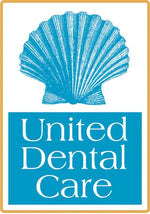
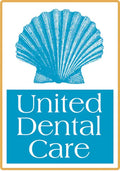
 By:
By: 